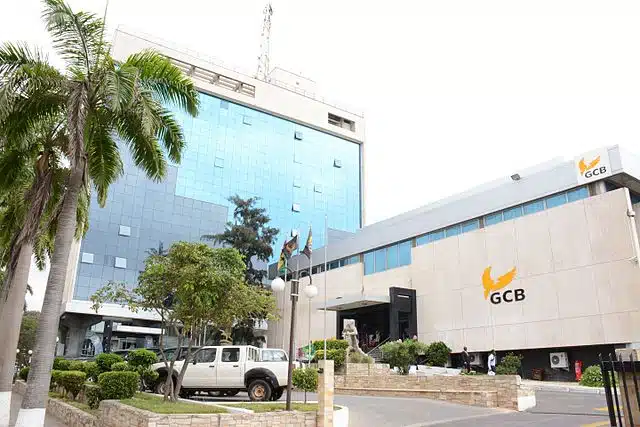Bank of Ghana drafts, proposes new regulations for crypto assets, others

The Bank of Ghana (BoG) has released draft guidelines proposing new regulations for digital assets, including cryptocurrencies. The bank is seeking feedback from industry players, experts, and the public by August 31, to finalize the framework.
The proposed guidelines aim to provide regulatory clarity on digital asset activities and will be subject to a successful sandbox testing process. The framework’s goals include promoting innovation while managing risks related to digital assets.
According to the draft, once the regulatory framework is established, all Virtual Asset Service Providers (VASPs) in Ghana will need to obtain authorization from the BoG or the Securities and Exchange Commission (SEC). Operating without registration will be deemed illegal.
The framework will likely focus on exchanges and platforms related to virtual assets, defining the types of assets covered and regulating the interaction between financial institutions and VASPs. The BoG has also considered guidance from bodies such as the Financial Action Task Force (FATF).
In South Africa, the Financial Sector Conduct Authority (FSCA) is already investigating thirty cases of unlicensed crypto service providers. The FSCA began accepting license applications in 2023 and has approved 75 institutions as Crypto Asset Service Providers (CASPs).
Under Ghana’s proposed framework, VASPs will be required to conduct customer due diligence, monitor transactions, and report suspicious activities. They must also comply with the FATF’s Travel Rule. Enhanced Payment Service Providers (EPSPs) will be allowed to process virtual asset transactions for registered VASPs, and commercial banks will be permitted to offer banking services to registered VASPs, with specific conditions.
In Kenya, new cryptocurrency trading laws are being developed, with a working group tasked with creating a policy framework for regulating digital asset providers.
In June 2024, the Bank of Ghana and the Monetary Authority of Singapore (MAS) completed the first proof of concept for Project DESFT (Digital Economy Semi-Fungible Token). This project, launched in 2023, aims to introduce solutions such as Universal Trusted Credentials (UTCs), Central Bank Digital Currency (CBDC), stablecoins, and a trade marketplace.
Additionally, starting August 1, the Bank of Ghana will launch a centralised online foreign exchange trading platform to enhance the security and efficiency of foreign exchange operations.





